

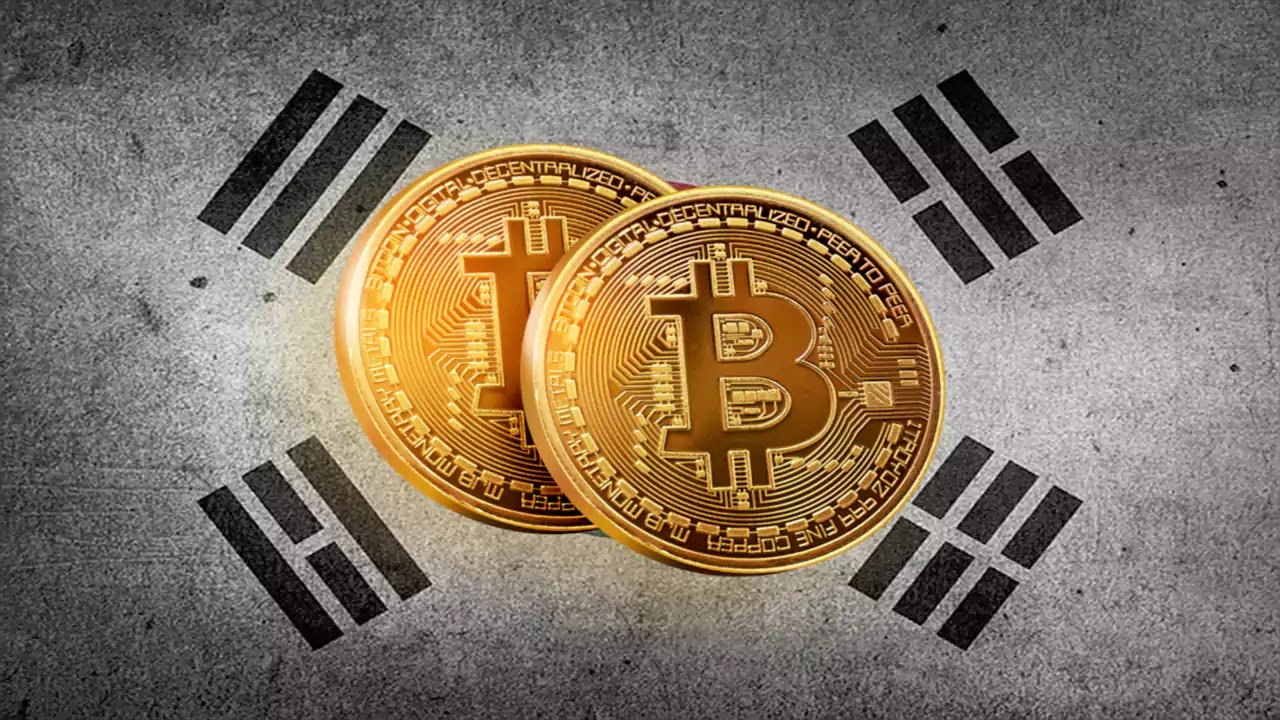
South Korea's financial markets were sent into turmoil when President Yoon Suk Yeol declared martial law, creating a frenzy of panic selling on South Korean crypto exchanges. The rapid drop in values allowed for lucrative arbitrage opportunities for savvy investors looking to capitalize on the Kimchi premium. Despite the order only lasting a few hours, the chaos in the country's political landscape had a major impact on the cryptocurrency market.
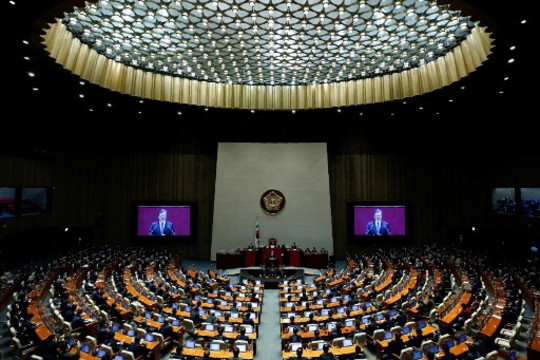
After announcing a surprise martial law order, South Korean President Yoon Suk Yeol faces pushback from MPs who quickly gathered at the National Assembly and voted to block his move. Demonstrators also gathered outside parliament to protest the sudden military rule. Less than two hours after his declaration, President Yoon reverses course, with some attributing the decision to his controversial and weakened position as a lame duck president. In response, the Korean Confederation of Trade Unions has called for nationwide strikes until Yoon resigns, labeling his actions as a "crime of insurrection."
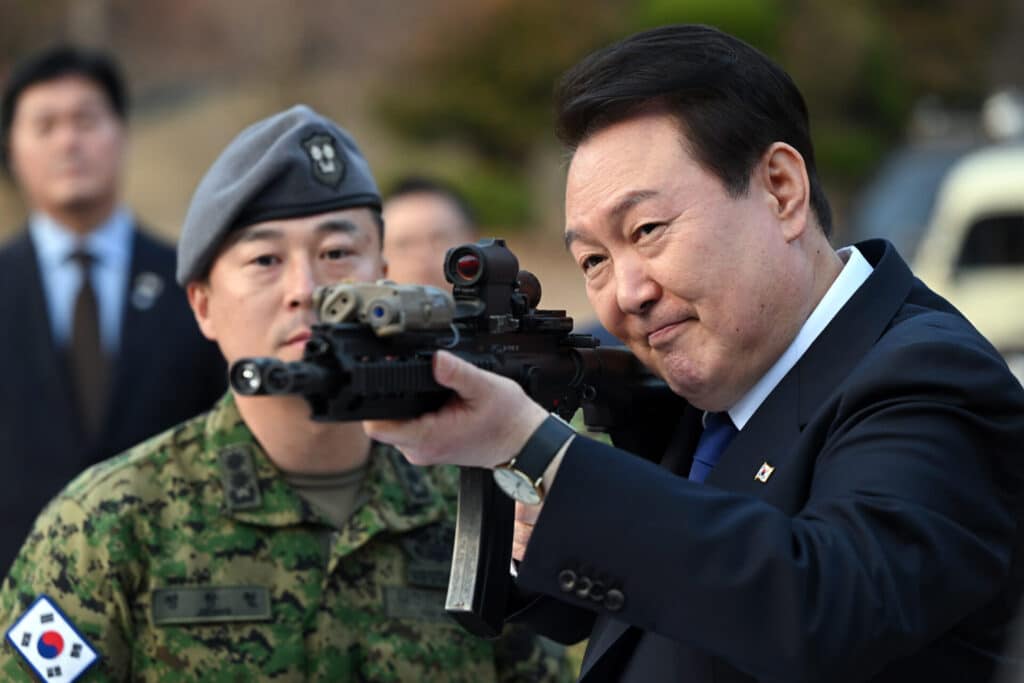
On December 3, 2024, South Korean President Yoon Suk Yeol declared martial law across the nation. This drastic measure, the first in nearly 50 years, was justified by the government as necessary to protect democracy and public safety. The announcement, made at 10 p.m. local time, came amid a political turmoil stemming from opposition parties' recent election victory and subsequent legislative deadlock. The official declaration outlined strict measures, including banning all political activities and placing media outlets under martial law control. Violators will face severe penalties as outlined in the Martial Law Act. Stay informed with the latest developments by subscribing to NewsX.
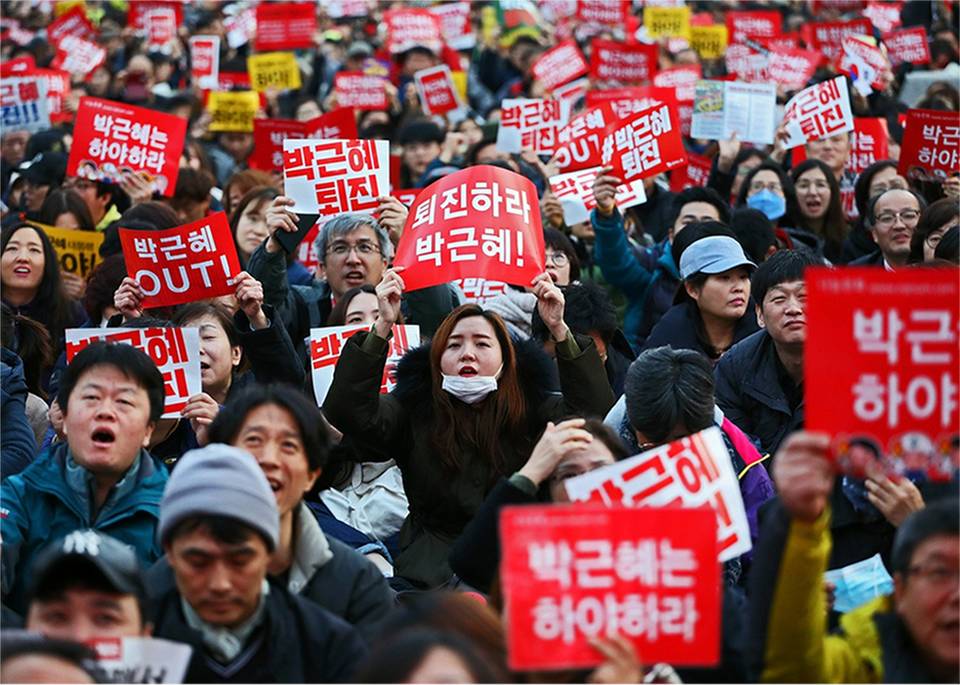
The streets of Seoul are filled with chanting voices and the sound of disbelief as South Koreans react to their president's declaration of martial law. In a dramatic turn of events, citizens can't seem to wrap their heads around how a democratic country has ended up under strict military control. Follow live updates and witness the intense energy of the citizens as they try to make sense of the situation.
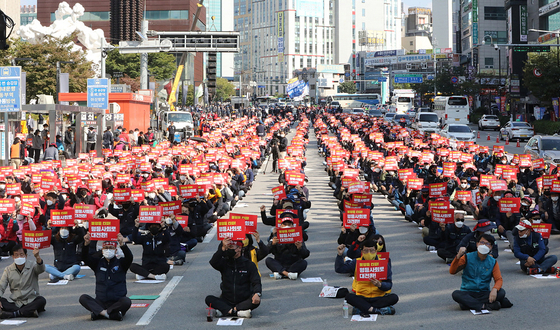
In response to the sudden declaration of emergency martial law in South Korea and the subsequent control near the president's office, the Korean Confederation of Trade Unions (KCTU) has announced an indefinite general strike. The strike, which will begin at 9 a.m. at Gwanghwamun, is a massive show of defiance against the government's actions. The White House has also stated that they were not notified in advance of the martial law declaration, adding further tension to the already volatile situation. Meanwhile, singer Park Hyo-shin has announced his highly anticipated return with a new album after a hiatus of 5 years.
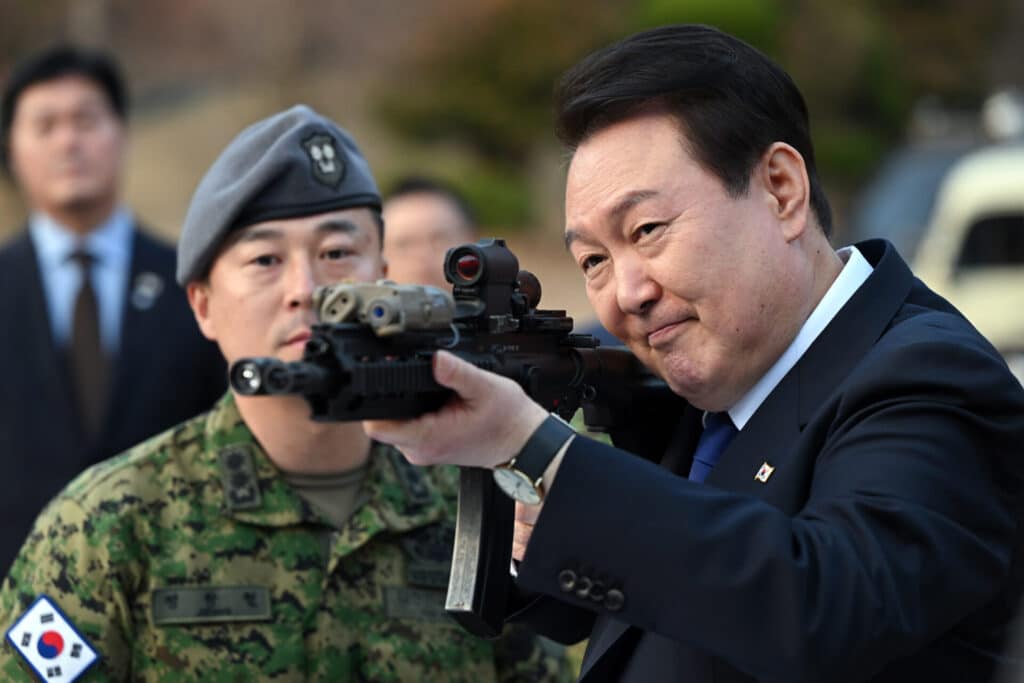
In a surprise late-night TV address, South Korean President Yoon Suk Yeol declared martial law and accused the country's opposition of controlling parliament, showing sympathy towards North Korea, and obstructing the government with anti-state activities. As photos and videos of tanks rolling into Seoul and troops securing the parliament surface, questions arise about the extent of the measures and their impact on democracy. President Yoon's popularity has declined in recent months as he struggles to push his agenda against an opposition-controlled parliament since taking office in 2022.
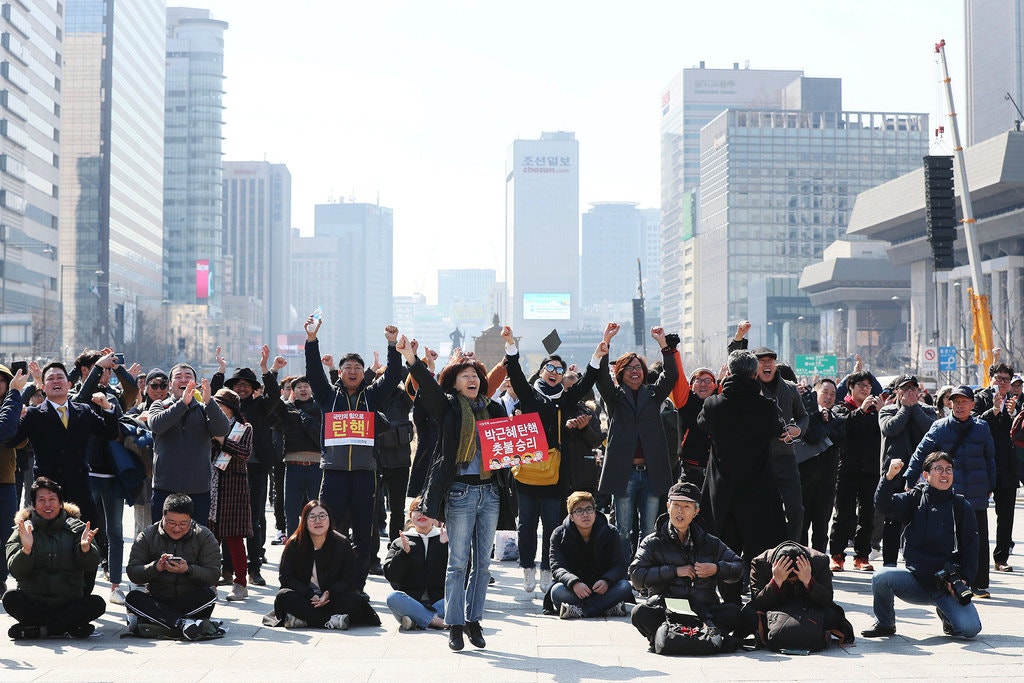
South Korean Finance Minister Kim Dong-yeon condemned the President's recent actions as anti-constitutional and stated that the people would not stand for it. As tensions rise, parties and officials clash at the parliament building while traffic control is enforced around the presidential office. Meanwhile, foreign media have declared a state of emergency following the government's actions.

In a surprise television address, President Yoon Suk Yeol has declared martial law across South Korea, accusing the opposition of controlling the parliament and having ties with North Korea. Television footage shows troops entering the main parliament hall while the entrance to the building is reported to be blocked. The Biden administration is closely monitoring the situation and the country's main opposition leader has called on the public to gather outside the building in protest. Political analysts suggest that the move to declare martial law is a result of domestic political issues.
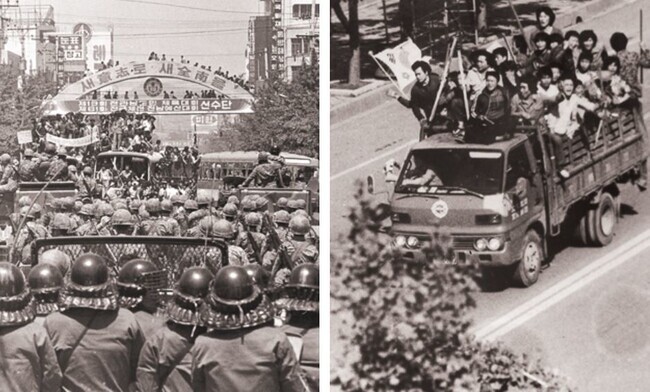
In a televised address, South Korean President Yoon Suk Yeol has invoked emergency martial law to combat pro-North Korean forces and protect the country's democratic order. This decision comes amidst a tense struggle between the ruling People Power Party and the opposition Democratic Party over next year's budget bill and calls for investigations into scandals involving top officials. The impact of this declaration on the country's governance and democracy remains uncertain.